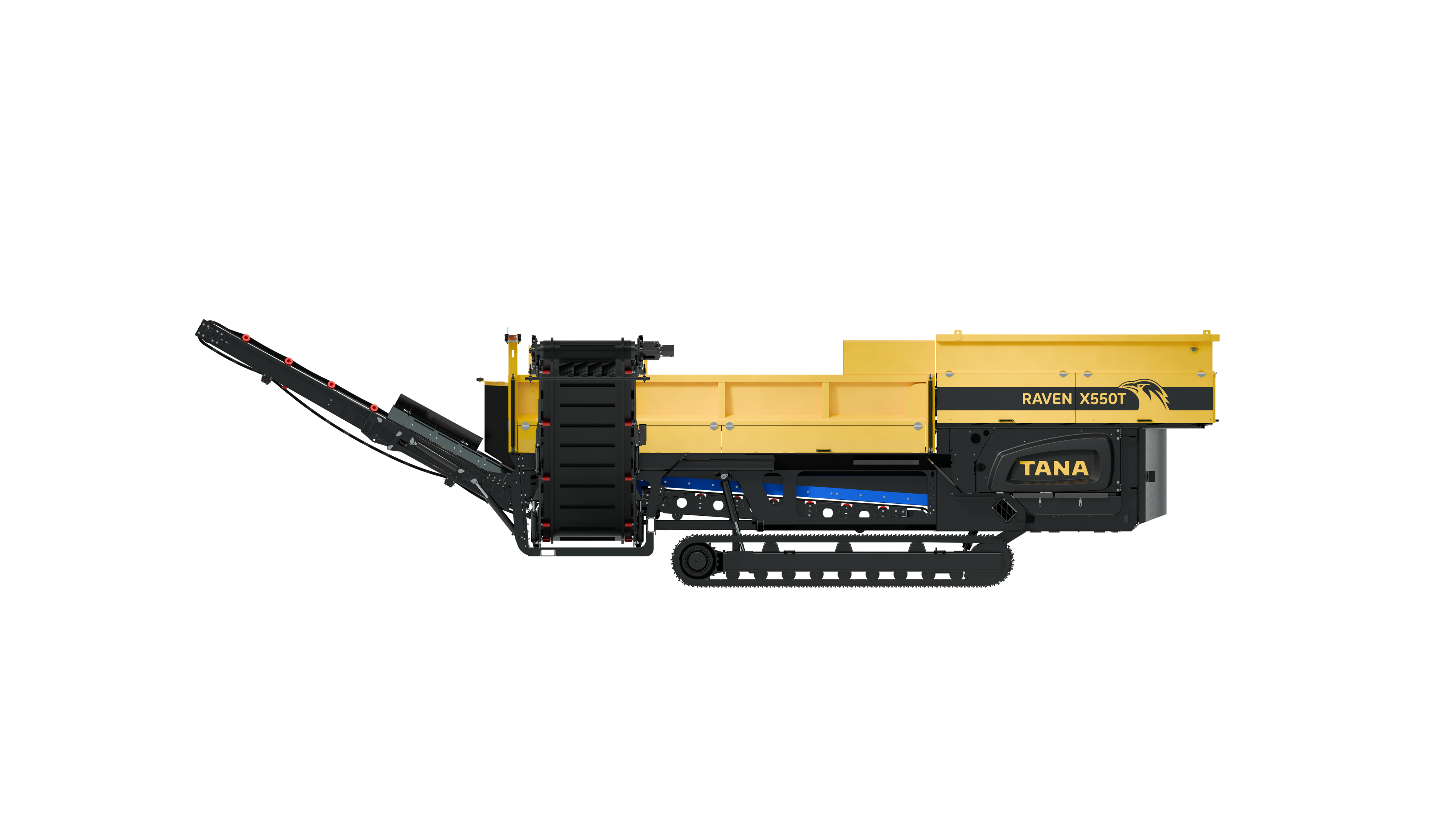Understanding MSW begins by breaking down the term MSW; Municipal solid waste (MSW) is a term that refers to the garbage generated by households, businesses, and institutions in a community. This waste stream is composed of a variety of materials, including paper, plastics, glass, metal, organic waste, and other non-biodegradable materials. Managing MSW is a significant challenge for governments and waste management companies, as it requires specialized equipment and facilities to handle and dispose of it safely.
Types of MSW
MSW is composed of various materials, and it is essential to understand the different types of waste that make up this waste stream to manage it effectively. Here are some of the most common types of MSW that we encounter:
Organic waste:
This waste stream includes food scraps, yard trimmings, and other biodegradable materials. Organic waste is often the heaviest component of MSW and can be challenging to manage due to its high moisture content and potential for odours and pests.
Paper and cardboard:
Paper and cardboard make up a significant portion of MSW, and they are relatively easy to recycle. However, the challenge with managing paper waste is the large volume that it occupies.
Plastics:
Plastics are a ubiquitous component of MSW, and they are notoriously difficult to recycle due to their varied chemical compositions. Plastic waste is also lightweight, which means it can easily become windblown and littered if not properly contained.
Glass:
Glass is a non-biodegradable material that is relatively easy to recycle. However, the challenge with managing glass waste is its weight and fragility, which makes it difficult to transport and process.
Gain valuable insights into MSW, offering essential information
and detailing key strategies for optimizing throughput capacity.
Challenges of managing MSW
Managing MSW is a complex process that requires specialized equipment and facilities to handle and dispose of it safely. Here are some of the challenges associated with managing this waste stream:
Volume:
MSW is a high-volume waste stream, which means it requires large facilities and equipment to manage effectively. Municipalities and waste management companies must have adequate space to store, sort, and process this waste stream.
Environmental impact:
MSW can have a significant environmental impact if not managed correctly. Organic waste, for example, can release methane gas, a potent greenhouse gas, when it decomposes in a landfill. Plastics can also take hundreds of years to break down in the environment, contributing to litter and pollution.
Health and safety:
Managing MSW can be hazardous to the health and safety of workers and the general public. Waste management facilities must have proper safety protocols in place to protect workers from exposure to hazardous materials and potential accidents.
Possibilities in managing MSW
There are several best practices that can help municipalities and waste management companies manage MSW effectively.
Firstly,
reducing the amount of waste generated by implementing recycling programs and encouraging residents and businesses to reduce waste at the source.
Secondly,
sorting and separating waste at the source to reduce contamination and improve recycling rates.
Thirdly,
investing in modern waste management equipment, such as waste shredders and landfill compactors, to reduce the volume of waste and improve safety for workers.
Finally,
exploring alternative waste management methods such as composting and waste-to-energy facilities to reduce the amount of waste sent to landfills and improve environmental outcomes.
By implementing these best practices, communities can manage their MSW more sustainably and improve the health and safety of their residents and workers.
